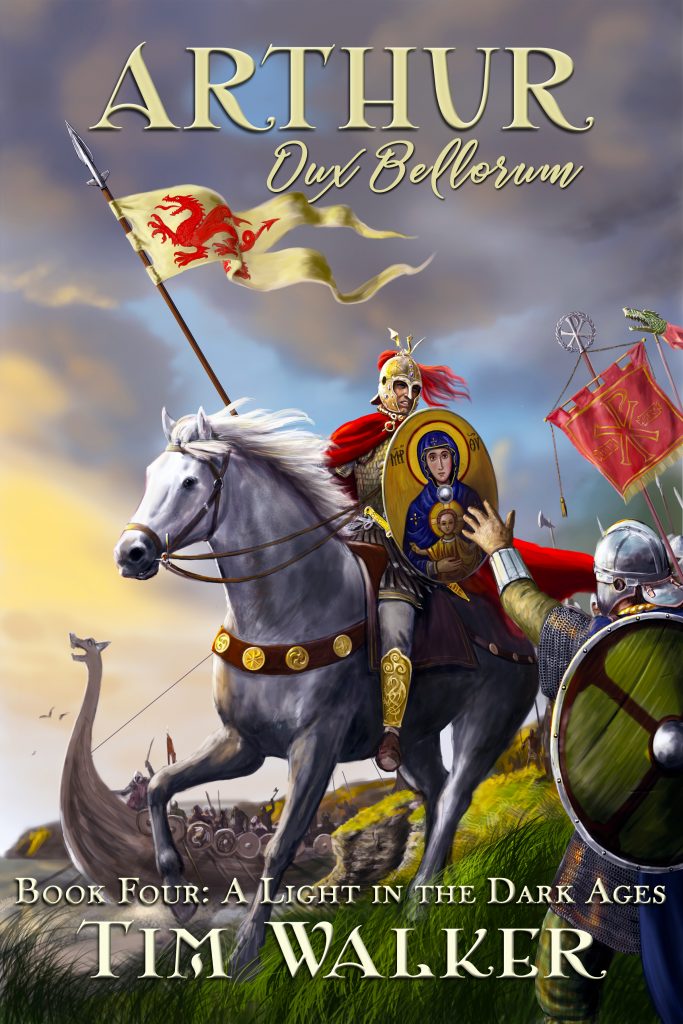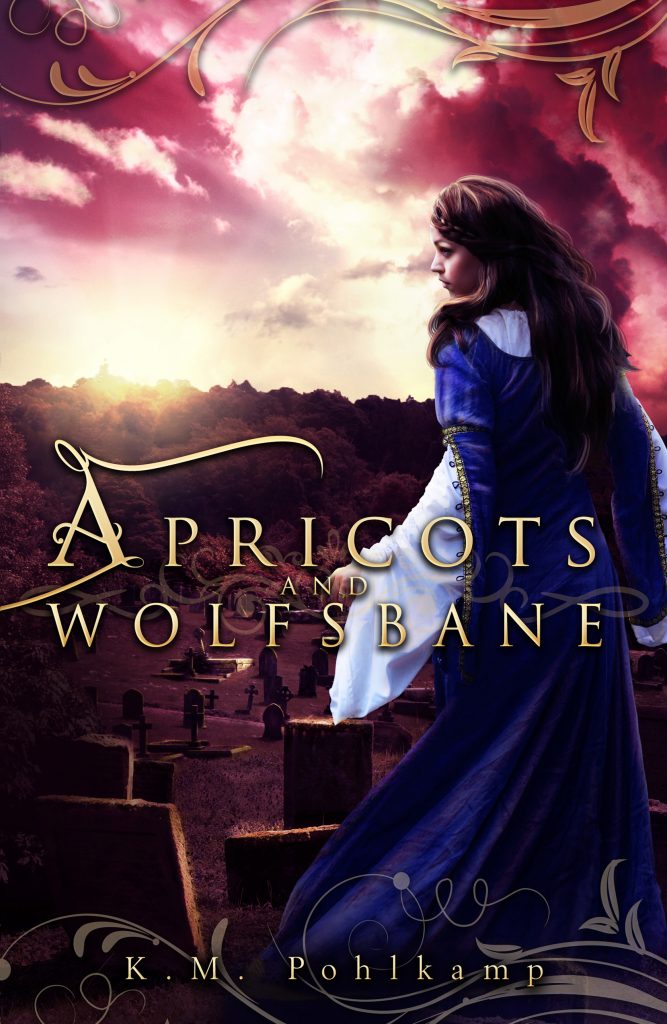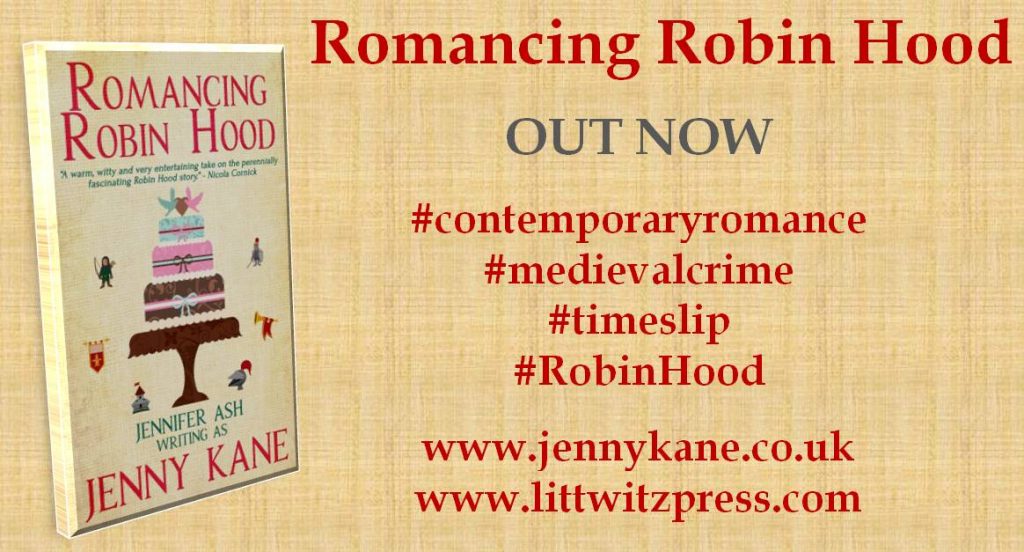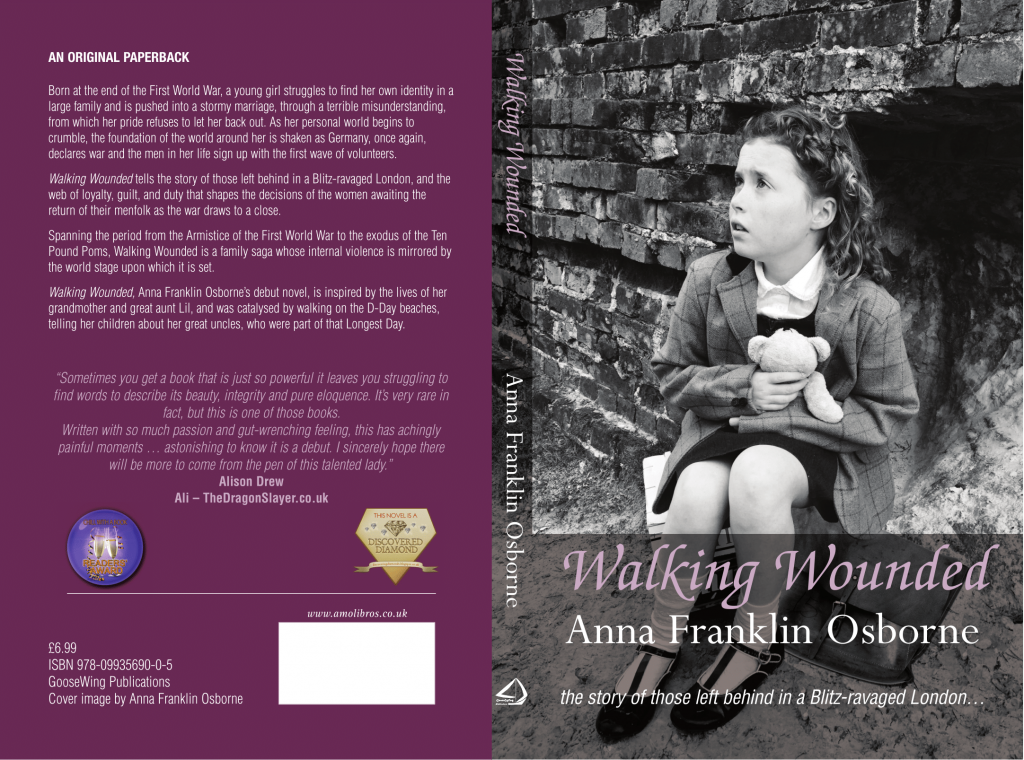20 Quick-Fire Questions – With Me!
1.Why have you neglected this blog so much lately?
One of the other mes- Jennifer Ash- has been very busy writing a novella for ITV/Spiteful Puppet, The Meeting Place– a Robin of Sherwood story. You can imagine how excited I am about that- being something of a Robin Hood fan. What do you mean you hadn’t noticed I was a fan…?.
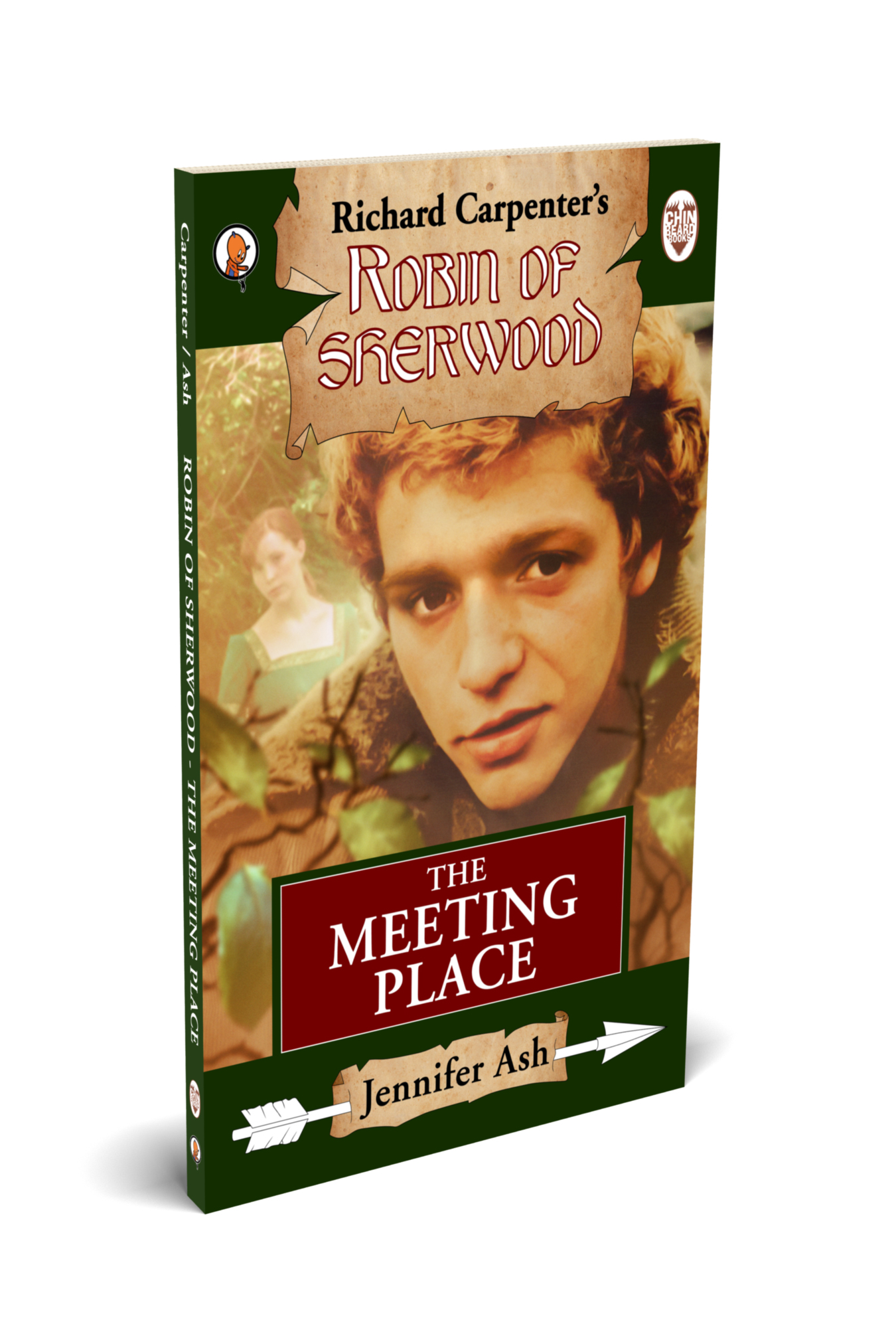
As ‘Jennifer,’ I have also been researching the historical records prior to drafting the fourth of The Folville Chronicles. This will (eventually) be called Outlaw Justice, and will follow on from The Outlaw’s Ransom, The Winter Outlaw and Edward’s Outlaw.
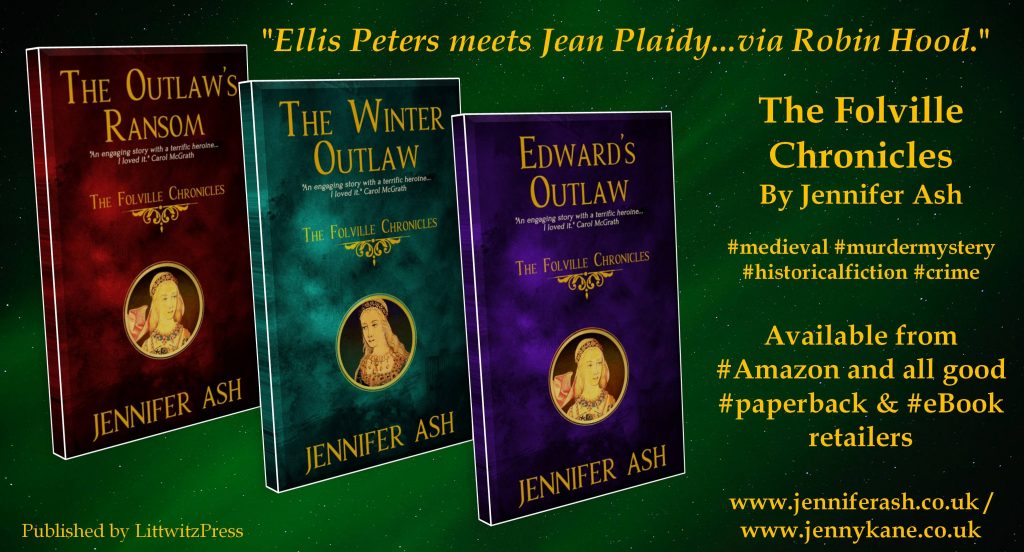
2. Are you more like Jennifer or Jenny or Kay (Kay Jaybee- erotica) in real life?
Jenny
3.Do you love coffee as much as the characters in your Another Cup of Coffee series?
Even more than they do!
4. How do you take it?
Black- nothing added- Americano for preference
5. How many cups do you drink a day?
Three – none after 2pm.
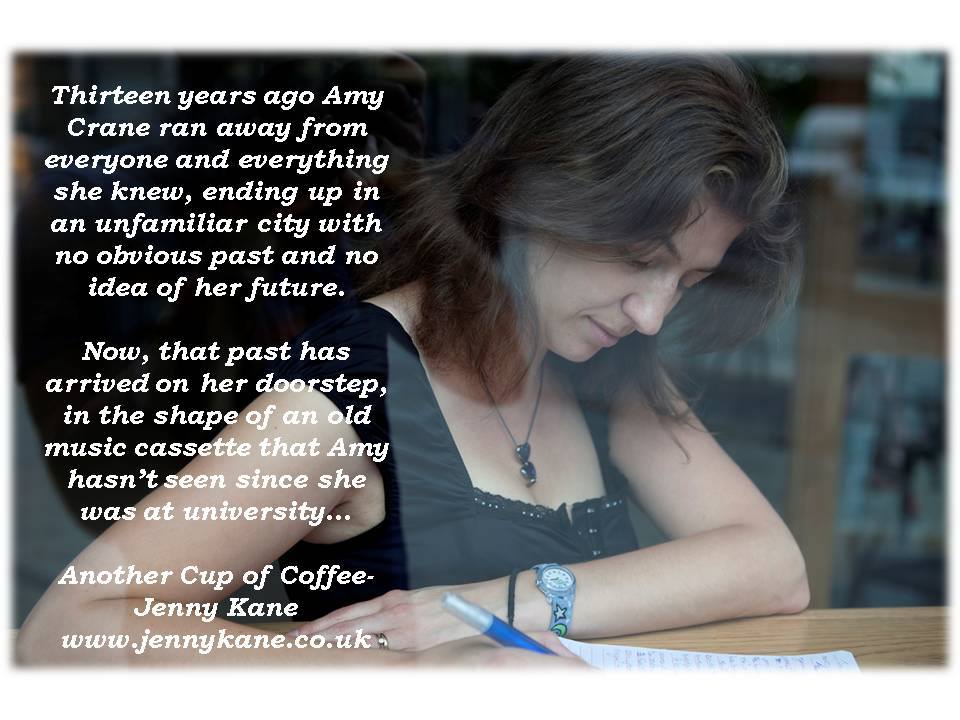
6. Do you really write in cafes and coffee shops like JK Rowling?
I really do.
7.What is your favourite hot drink – apart from coffee?
Coffee is the only hot drink I like- I HATE tea, and I’m allergic to milk, so can’t have hot chocolate, latte etc
8. Favourite colour?
Purple
9. Boots, trainers, or heels?
Boots – I am not sporty and I’d break my neck in heels. I am very clumsy!
10. Are the characters in Another Cup of Coffee based on real people?
Some of them are.

11. Which ones?
My lips are sealed.
12. Spoil sport- give us a clue?
I knew three of them at University- although I obviously wrote exaggerated versions of them- and they are all still my friends and totally lovely.
13. What did you study at University?
I did an Archaeology degree, and then a Medieval History PhD.
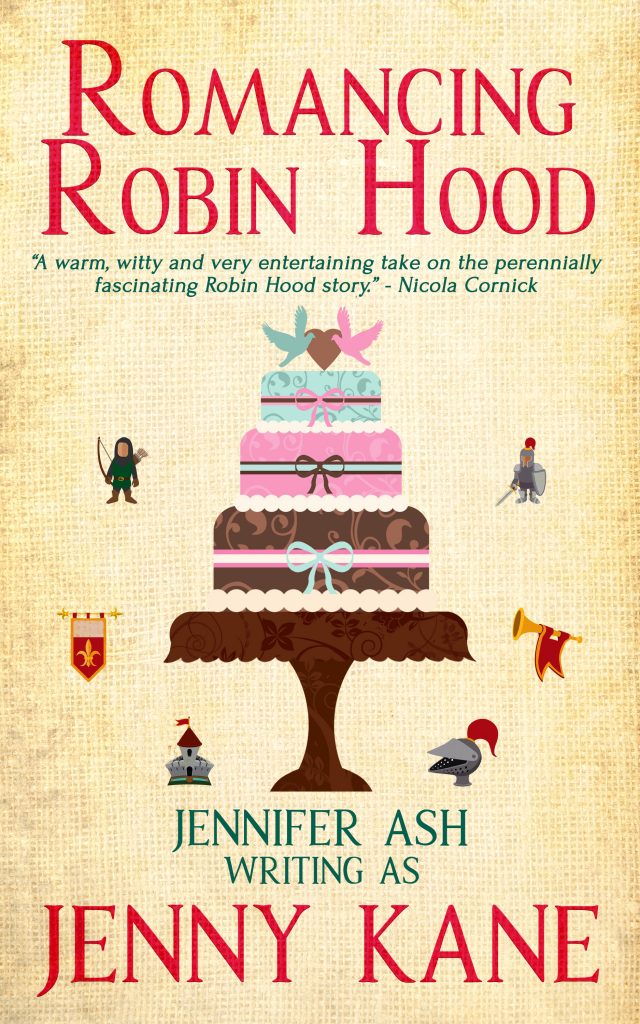
14. Ohhh- like Amy did in Another Cup of Coffee and like Grace did in Romancing Robin Hood.
Yes- just like Amy and Grace did (at University of Leicester – just like them)- I think I can guess the next question! (Of course I can, I’m making the questions up!…Straight jacket handy anyone??)
15. So are you Amy or Grace?
I am a little tiny bit both of them.
16. You feature Kew Gardens in Another Cup of Coffee and Another Glass of Champagne. Have you been there, or did you just research in on Google?
I’ve been there a few times. I really like just wondering around the various greenhouses- and sitting in the cafe of course!

17. Jack and Rob run a bookshop in Another Cup of Coffee, is that based on a real place?
No, that I invented.
18. Coffee shop or book shop?
Both! But if I was only allowed to go to one – coffee shop (with a book- purchased in a bookshop on a previous trip- or work in my bag)
19. Do you prefer being Kay Jaybee- Queen of BDSM Kink- or Jenny Kane- writer of book chocolate- or Jennifer Ash- medieval crime writer ?
I love being all of them – it is wonderful to be able to create such different styles of work, and thus- hopefully- make more people happy when they read! (Well- that’s the plan!)
20. What is Jenny going to do next?
As Jenny, I’ve just finished the first in a new trilogy of contemporary fiction novels set on Exmoor. This ‘feel good’ story – which obviously contains many servings of coffee and- in this case- generous helpings of lemon cake- is currently with my agent. Fingers crossed she likes it!

Happy reading!
Jenny xx


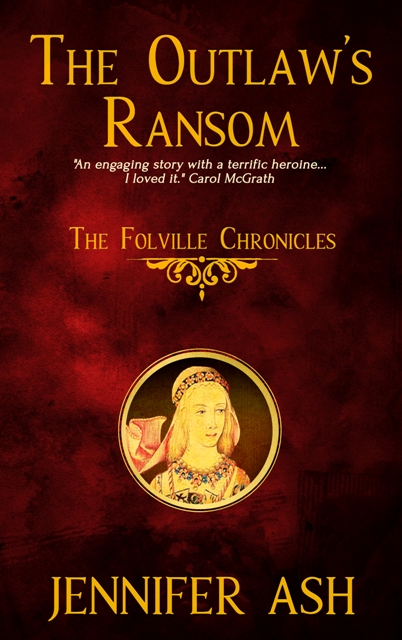




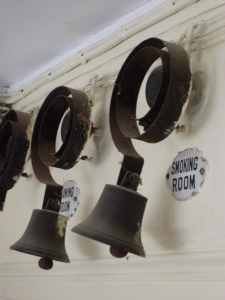


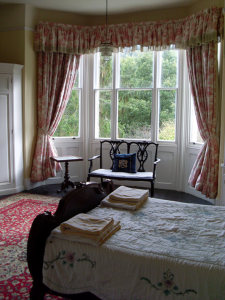






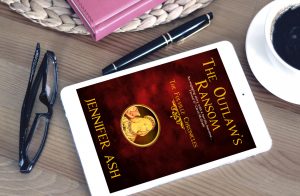
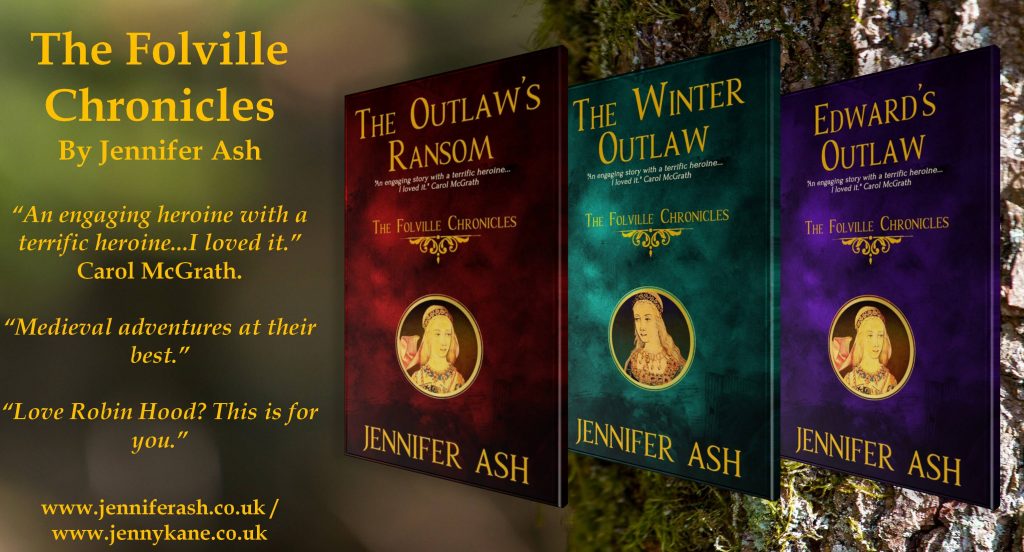

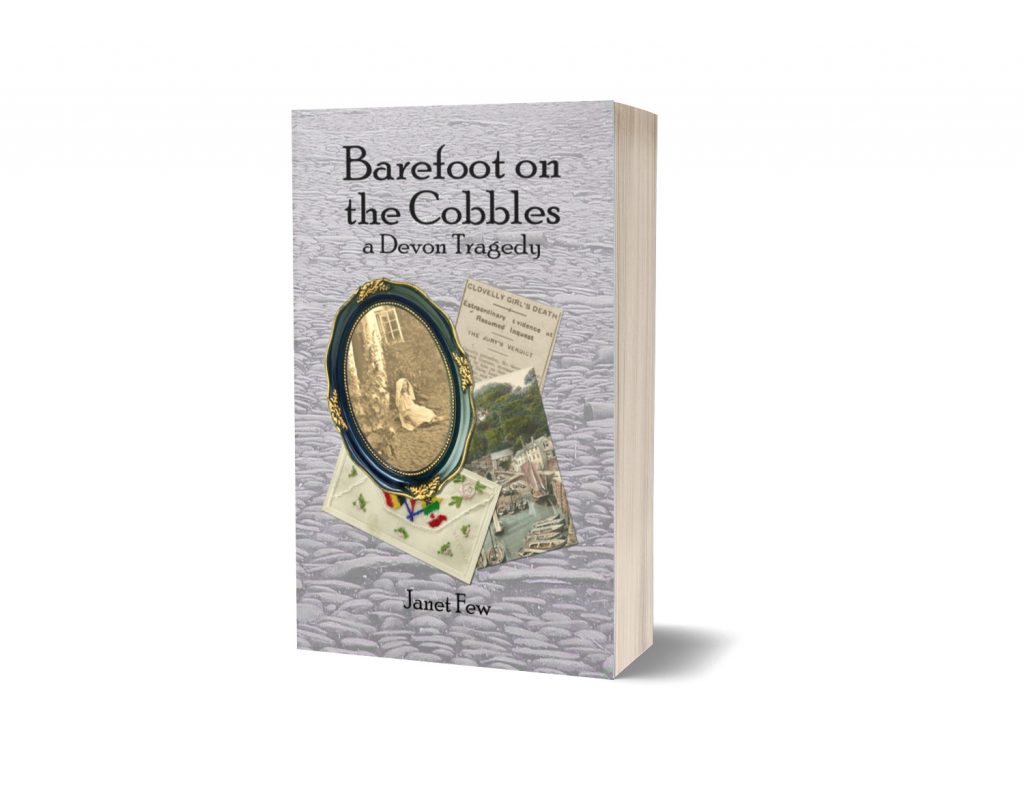 Opening Lines
Opening Lines
